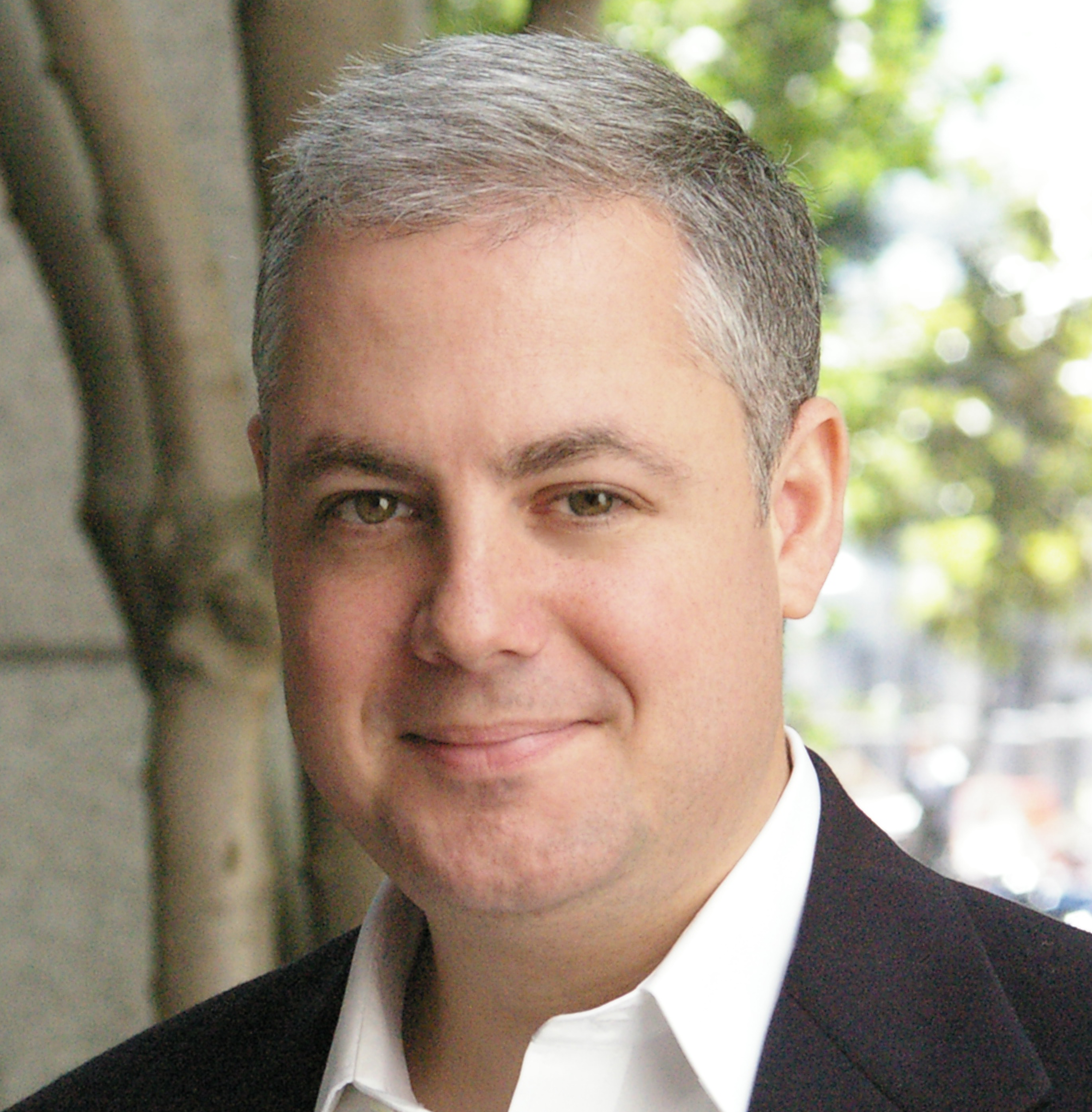
A self-aware lawyer is a higher performing lawyer.
I teach how to become one.
When attorneys concentrate on their work, they are in a meditative state.
So why not illuminate their working minds with meditation skills?
A decade ago, I wondered whether attorneys could learn to self-regulate within their law practice the way yogis self-regulate within their meditation practice. We’re not talking about chanting OM or burning incense here, but about noticing and controlling internal reactions sparked by external stressors.
I championed such skill sets with my first program, Mindfulness for the Adversarial Mind. Then I took a deep dive into how first-rate adversaries become undeterred. I emerged with practical wisdoms that can boost any lawyer’s resolve—read about them in my recently published law review article, Supreme Court Samurai: A Profile of Justice Holmes As A Zen Warrior. Now, law firms book me to present programs that elevate their lawyers’ performance.
—John MarcouxAttorney, Professional Development Speaker
Cornell J.D. ‘95, William & Mary B.S. ‘92

Programs
-

Ever-Ready Adversary
Jolts of fear, half-heartedness, hopelessness, selfishness, and surrender can zap any attorney’s resolve. Here’s how poised lawyers notice and control these impulses.
-

Strategic Humility
Lawyers seeking success and profit need not be defensive, self-centered, know-it-all braggarts. Instead, they can achieve more by being less with these worthwhile techniques.
-

Dodging Demoralizers
Persistent adversarial thinking tends to deplete the will to compete. Here’s how to identify, evade, and escape each trap known to sap adversarial morale.
-

Supreme Court Samurai
By what feats does one become undeterred? Ancient warriors and modern psychologists agree: flex the same character strengths that Justice Holmes flexed for 70 years!
Sam Feder
Partner, Jenner & Block
“John’s talk at our retreat blew my mind. I had thought about quitting the law, but John made me aware of the knee-jerk reflexes that were slowly, insidiously draining my will to compete. The fix felt instantaneous.”
Adversarial thinking naturally ignites intuitive, emotional impulses. These feelings get lost in the fog of work or dismissed as nuisances. Yet elite adversaries notice and control them to elevate performance.
This cannot be outsourced. This is self-regulation. I show lawyers how.
Sarah Spain
espnW • iHeart podcaster of "Good Game with Sarah Spain” • Author of Runs In The Family
“John was one of my all-time favorite podcast guests and I've frequently discussed his work with other guests, colleagues, family, and friends. It's so important for people to understand the tricks their minds play, especially folks in high-stress jobs, so they can be intentional about preventing an adversarial mindset from following them home from work. John’s episode drew a response so strong that I re-broadcast it at the end of the year.”
John striking a very adversarial pose
photo © AmarisGranado.com
For more than 25 years, I’ve been guiding meditation and yoga students through hell.
Don't be fooled by all those images of blissed-out practitioners: yogis navigate internal landscapes every bit as hostile as the external landscapes encountered in our legal system. Lawyers could learn a thing or two from seasoned meditators.
Consider, for example, the emotions kicked up by combative thinking. Lawyers tend to disregard them as distractions or conceal them as vulnerabilities. But when viewed as hot signals that complement the law’s cold logic, these feelings can be intentionally steered toward higher performance right now and over an entire career.
James Sammataro
Partner, Pryor Cashman
“When John spoke at our partner retreat about dodging demoralizers, no one was looking at their phones. He captivated the room. When he finished, my colleagues demanded more. John bantered for another forty minutes of Q&A. Like butter.”
Each adversarial mind has its golden mean.
No outsider can find yours for you. But I can help you find yours.
Seth Bromberger
Professor of Cybersecurity, Cal State-East Bay
“John’s lecture showed perfect empathy for the plight of cybersecurity pros who must stay ready to spring out of bed and fend off attacks at 3 am. He taught us how to protect the minds that protect the computer systems.”





